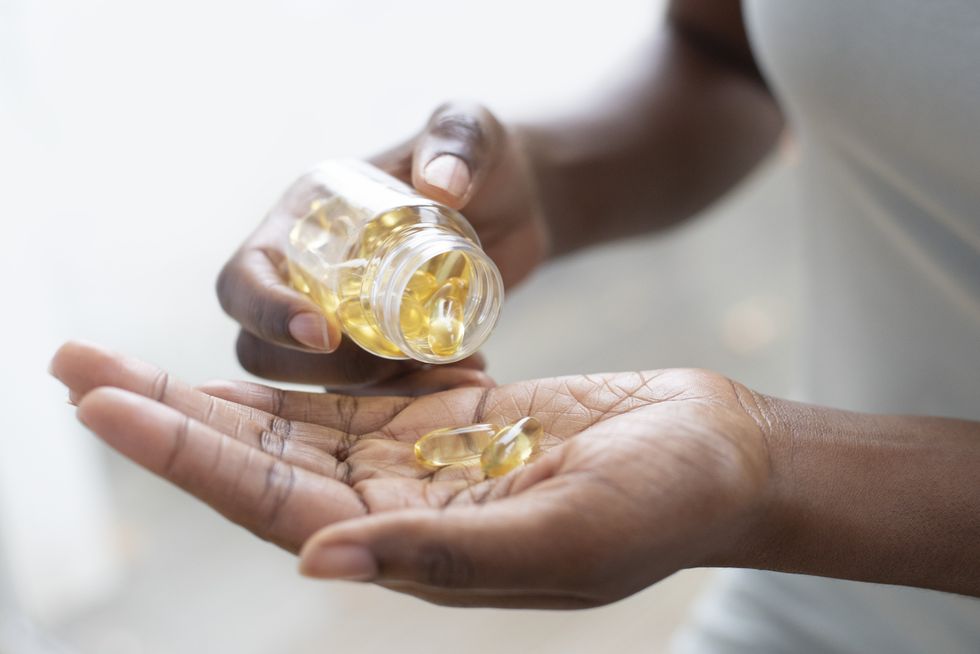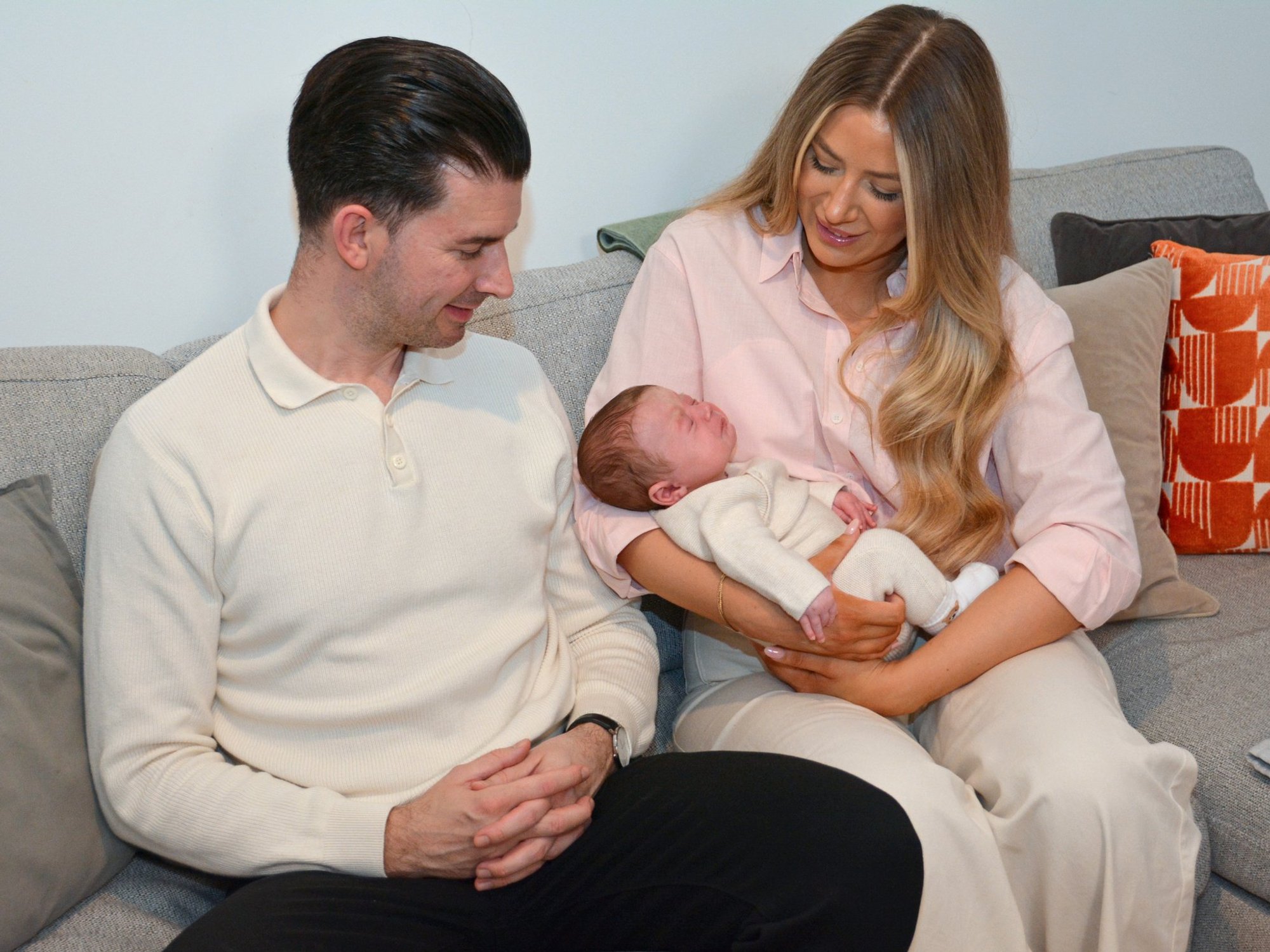The 4 most common vitamins behind hair loss named - ‘more isn’t better’

WATCH NOW: Hair expert Richard Ward explains how to combat hair loss
|GB News
Although vitamins can help you on your way to a healthy lifestyle, excessive consumption can become problematic, an expert has warned
Don't Miss
Most Read
Loss of luscious locks can be blamed on numerous factors - from stress, natural ageing or simply genetics.
Approximately 85 per cent of men and 40 per cent of women experience some form of hair loss by the age of 50, the American Hair Loss Association estimated.
And so, in a desperate bid to become the healthiest we can be, it’s easy to fall victim to purchasing a vibrant mix of vitamin gummies, tablets and supplements that just end up piled high in the medicine cabinet.
But, in fact, excessive enthusiasm for vitamins might be causing us more harm than good, one hair expert warned.

Although vitamins can help you on your way to a healthy lifestyle, excessive consumption can become problematic, an expert warned
|GETTY
To help Britons spot where they might be overdoing it, director of Masumi Headwear, Ali Nowroozi listed the four most common vitamins that can contribute to hair thinning when consumed in excess.
“These vitamins are important for your health, but they certainly become problematic when consumed in excess," he warned.
“Many people prefer to self-diagnose and take multiple vitamin supplements without professional consultation.
“Our bodies need specific levels of nutrients, and when we go overboard thinking more will make us better, it often produces the opposite effect,” he added.
Advising that some things are best consumed in moderation, Ali said: “A better approach is getting nutrients primarily from whole foods, using supplements only for confirmed deficiencies, and understanding that with vitamins, more isn't better – it can actually work against your health goals.”
The most common vitamins that can contribute to hair thinning
Vitamin A: Although essential in small doses, Vitamin A has been found to be one of the most commonly overused supplements connected to hair loss.
Exceeding more than 3,000 mcg each day (which amounts to around two or three pills) can cause hair loss by irritating and damaging the hair follicle. To get the safe dosage (700-900mcg) from an organic source, try natural foods like carrots, sweet potatoes and eggs.
Selenium: An often overlooked mineral that can cause hair loss when consumed in excess is selenium. Similar to vitamin A, it’s possible to overdose on the pills with just 2-4 supplements each day when, in reality, you only need around 55mcg each day.
LATEST DEVELOPMENTS

There are plenty of natural sources from which to get your daily dose of vitamins
|GETTY
The basic requirement amounts to just two Brazil nuts although seafood, whole grains and mushrooms serve as “excellent sources” as well.
Zinc: With too much or too little, zinc can prove detrimental for your locks. Experts advise to stay within 8-11mg each day from oysters, pumpkin seeds, lentils and beef.
Vitamin E: Avocados and spinach - or even just a handful of sunflower seeds or almonds - are simple additions to your diet to eradicate the need for excessive supplements.
It’s advised to stick to 15mg of the vitamin each day since the supplement can cause “significant shedding” when consumption comes to more than 1g per day.










